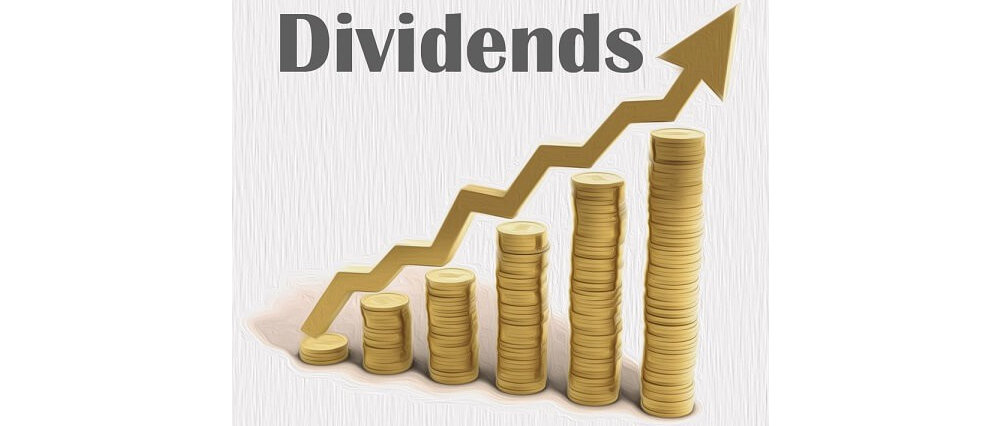 The Nepal Weekly
The Nepal Weekly  December 20, 2022
December 20, 2022
By Raghunath Pradhan
In true sense, ultimate owner of a company is its shareholders. They invest in the company in the form of share capital. Share investment, i.e. equity, is not redeemable. Shareholders can not call back their investment, though they can sell their investment in secondary market.
Even though shareholders are the ultimate owner of the company they do not have direct control in the business of the company. They use to control their company appointing the directors of the company and they do also have some voting right on the AGM of the company.
Receiving regular and adequate rate of return on their investment is the ultimate aim of the shareholders and in fact, this is the sole determining factor on the pricing of shares. Dividend, on its turn, depends on the earnings of the company. Higher or increased earnings of the company imply higher capacity of paying dividend. Profitability/Earnings of the company depend on general operating efficiency of the company. It’s very difficult to analyse companywise operating efficiency. So, our share market is highly affected by interest rate. In general, share market use to flourish at the time of decreased interest rate.
Shareholders receive return on their investment in the form of dividend. Dividend may be in the form of cash or stock. Whenever dividend is paid in the form of cash it is called cash dividend and when it is paid in the form of stock it is called stock dividend which is also known as bonus shares. Company is not compelled to pay dividend even when the company is in profit. The board of the directors of the company has full right to declare dividend either in the form of cash or in the form of stock provided they have fully complied with regulatory guidelines.
In general, company use to pay dividend in the form of cash where there is least possibility of growth of the company or when the required fund for the expansion of the company is available at lower rate than the cost of equity. Under the situation the company may obtain the advantage of leverage. Sometimes, company may decide to pay stock dividend due to lack of adequate cash flow of the company or to increase its equity base.
Nepalese investors prefer to have stock dividend than cash dividend. They use to buy the shares of the company on the expectation of bonus shares at a higher price without analyzing whether the company is in growth stage or not. Even in growth stage, there may not linear relationship between investment and profit. In other words, in all circumstances profit may not be double due to 100% increment on investment. So, bonus shares dilute the rate of return on investment.
Nepal Rastra Bank, regulatory body of banks, vide its monetary policy 2072/073 issued policy guidelines to the banks for increasing paid up capital to 800 crore by 2074 Ashar for increasing capital base of the banks thereby mobilizing the resource for development of the country. To meet the regulatory guidelines most of the banks started to pay out bonus shares as a matter of fact the rate of dividend of the banks have now been decreased substantially. Till date 15 banks have declared dividend out of their profit for the year 2078/079. Average dividend paid by these banks is only 11.93% which constitute 7.26 cash dividend and 4.67 bonus shares. One of the commercial bank, Laxmi Bank has decided not to declare any dividend out of its profit for the year 2078/079 and remaining banks are yet to declare dividend. Moreover presently, commercial banks are paying 12.133 % interest on their fixed deposit. As a matter of fact, market price of the shares has also been slashed down substantially. These days, 5 commercial banks shares are trading at less than Rs 200 and 18 commercial banks shares are trading at less than Rs 300.




